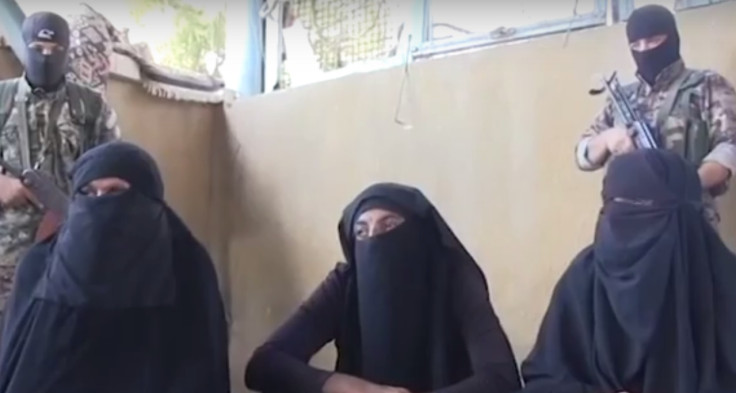Proposed Aleppo humanitarian corridors must ensure protection of all civilians, ICRC says
According to reports, civilians are largely mistrustful of the proposed corridors by Moscow and Damascus.
The humanitarian corridors in Eastern Aleppo – to be created by the Russian and Syrian government - must ensure the safety and respect of all civilians, regardless of whether they decide to stay in the city or not for whatever reason. The International Committee of the Red Cross (ICRC) announced this on Thursday (28 July).
The agency added that aid workers must be given access to civilians and make sure that families who choose to leave are kept together.
Robert Mardini, ICRC's Regional Director in the Near and Middle East, said in a statement "What we need urgently is a humanitarian pause in all areas of Aleppo affected by the violence.
"We ask for this to be implemented on a daily basis and as soon as possible. Our teams need to reach communities in Eastern Aleppo now, especially families and the most vulnerable, such as the elderly, the sick or injured, and detainees."
According to reports, about 300,000 people are besieged in the rebel held eastern Aleppo. Aleppo, which was once Syria's largest city, is now divided between rebel control in the east and government control in the west.
Syria's strongest ally, Russia, announced on Thursday that three humanitarian corridors will be created in a joint plan between Moscow and Damascus for civilians and unarmed rebels to flee the besieged areas of Aleppo, while fourth one will be created for armed rebels. Russian Defence Minister Sergei Shoigu called it a large scale humanitarian operation. He said the decision was taken to "first and foremost to ensure the safety of Aleppo residents".
Syrian President Bashar al-Assad said on the same day, he would offer Amnesty to rebels who are willing to give up their weapons and surrender to authorities in the next three months.
Al Jazeera reported that civilians were largely suspicious and mistrustful of the proposal. US state Department Spokesperson John Kirby said that this move appeared to be an exercise to forcefully evacuate civilians and surrender of rebel groups. UN's Under Secretary General for Humanitarian Affairs, Stephen O'Brien, also said that he was not sure if the move would be in the best interests of those in need.
Meanwhile, the US military has announced on 27 July a formal enquiry into a 19 July airstrike in a village near Manbij, Northern Syria, that is being called by observers as the worst attack on civilians in its two year battle against Islamic State (Isis). A day after announcing the enquiry, the US military said that more civilians may have died in another airstrike around the same city.

© Copyright IBTimes 2025. All rights reserved.





















